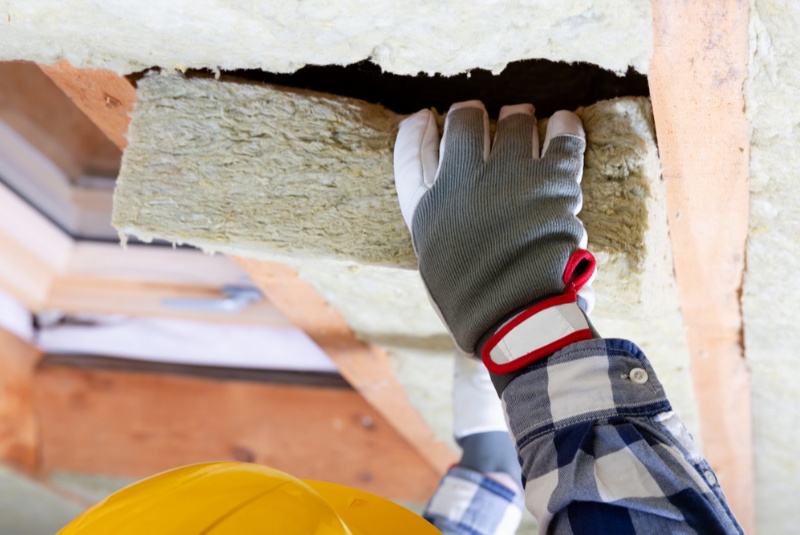In today's fast-paced, technology-driven world, our dependency on electricity is more pronounced than ever. However, this dependence often translates into substantial energy costs, impacting our financial well-being. Luckily, with some strategic planning and proactive measures, we can significantly reduce our energy bills. Here's a closer look at how you can avoid unnecessary costs and save more on energy.
Audit Your Energy Use
Start by conducting an energy audit of your home or business premises. An energy audit will highlight the specific areas where you consume the most power, helping you pinpoint where to focus your energy-saving efforts. Many utility companies offer free energy audits, or you can hire a professional to provide a comprehensive analysis. Alternatively, conduct a simple audit yourself by keeping track of the energy consumed by various appliances and systems.
Upgrade to Energy-Efficient Appliances
While the upfront cost of energy-efficient appliances may seem daunting, they are a worthwhile investment in the long run. Look for appliances with the ENERGY STAR rating, which assures that they meet stringent efficiency standards. Replacing old, inefficient appliances with these energy-saving counterparts can drastically reduce your energy usage, helping you save money.
Invest in Smart Thermostats
A smart thermostat can optimize your heating and cooling system, reducing unnecessary energy usage. These devices adjust the temperature based on your schedule and habits, ensuring your system isn't working overtime when it doesn't need to. By keeping your house a few degrees warmer in summer and cooler in winter, you can realize significant energy and cost savings.
Use LED Lighting
Swap out traditional incandescent light bulbs for LED options. LEDs use a fraction of the energy and last far longer, making them an economical choice. Also, consider utilizing natural light as much as possible. Not only does it reduce electricity usage, but it also enhances the overall aesthetic of your space.
Insulate Your Home
A well-insulated home retains heat during winter and keeps cool air in during summer, minimizing the need for heating and cooling systems to work hard. Evaluate your home's insulation levels, especially in the attic and around windows and doors, and make improvements where necessary.

Unplug Idle Electronics
Many people are unaware that appliances and electronics continue to draw power even when they're switched off, leading to what's known as 'phantom load.' Combat this by unplugging devices not in use or investing in smart power strips, which cut off the power supply to idle devices.
Harness Renewable Energy
For those seeking a more substantial commitment to energy savings, consider renewable energy sources like solar panels. While the initial investment is considerable, the long-term savings are substantial and can help reduce or even eliminate your dependence on the grid.
Energy-Saving Habits
Finally, inculcate energy-saving habits in your daily life. Turn off lights when leaving a room, wash clothes in cold water, air dry laundry when possible, and reduce the use of energy-intensive appliances like dryers and dishwashers. Small changes can make a significant difference over time.
Avoiding unnecessary energy costs doesn't have to be a daunting task. By implementing a combination of these strategies, you can reduce your energy usage and save substantially on your monthly bills. Remember, every kilowatt saved not only translates into financial savings but also contributes to a more sustainable and environmentally friendly future.




